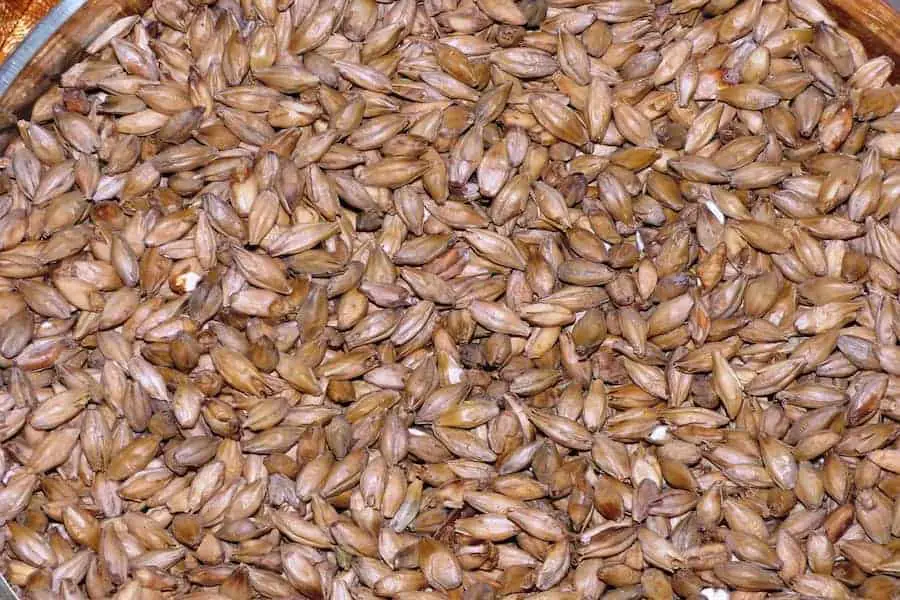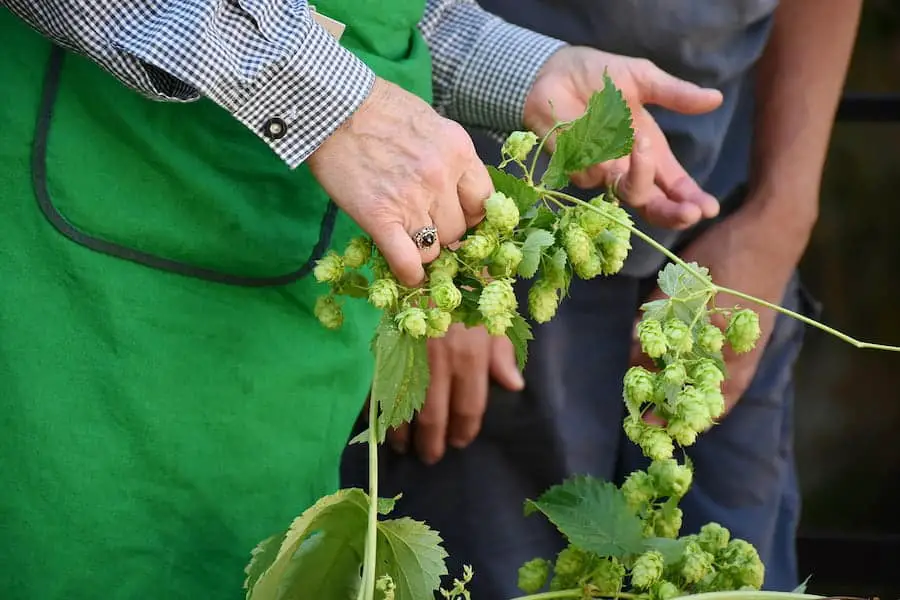If you buy something through a link in our posts, we may get a small share of the sale.
If you want to make your beer, you first need to ask yourself: does homebrewing smell? It is what has stopped many people from trying this rewarding hobby for themselves. Many people don’t want their homes to smell like a brewery and are worried about the potential mess.
Contents
Does Homebrewing Smell?
Yes, brewing definitely smells during brew day and while fermenting. Some of these smells are wonderful, like the smell of boiling wort or fresh hops that comes wafting through the air. However, other smells, like the smell of brewing yeast or boiling alcohol, can be pretty strong.
The good news is that most of the smells produced by brewing are only temporary and will dissipate quickly. Brewing also doesn’t have to make your whole apartment smell like a brewery. With some basic steps, you can keep the smells to a minimum and enjoy your homebrew without any worries.
The smell also has minimal effect on the final product. Some people worry that the beer smell may be an indication that the beer will taste bad. However, this is not the case. The smell of the beer during brewing does not impact the flavor or quality of the final product and should not be a concern.
What Are the Different Smells Produced During Brewing?
There are a few different smells that you may notice while brewing. Some of these smells are natural and come from the ingredients, while the brewing process itself produces others. The most common smells that you’ll encounter while brewing are:
Malt
This is one of the most common smells you’ll notice while brewing. Malt is the primary ingredient in beer and is responsible for the sweet, grainy smell often associated with beer.
Malt is produced by malting barley, which involves soaking the grain in water and then allowing it to germinate. This process breaks down the starch in the milled grain into sugar, which is then used to produce alcohol during fermentation.
The smell of malt can either be pleasant or off-putting, depending on your personal preference. Some people find the sweet, grainy smell to be intoxicating, while others find it too strong.

Hops
Hops are the second most common ingredient in beer and are responsible for the bitter, floral flavor that is often associated with beer. Hops are the cone-like flowers of the hop plant and can be either fresh or dry.
The smell of hops is often described as floral, citrusy, or even piney. When dry hopping, which is the process of adding hops to the beer after fermentation, the hops can really give off a strong smell that can be overwhelming to some people.
Yeast
Yeast is a single-celled organism that is responsible for fermentation in beer. The yeast eats the sugar in the wort during fermentation and produces alcohol and carbon dioxide. The smell of yeast can be pleasant and off-putting, depending on your personal preference.
Some people find the smell of yeast to be very strong and overwhelming, while others find it to be pleasantly sweet. The smell of yeast is often described as being fruity, nutty, or even cheesy.
Apples
The smell of apples is a clear indication that fermentation is taking place. Apples are often used as a sign of fermentation because they produce carbon dioxide, which is a by-product of fermentation. During this time the fermentation process will take place until all of the sugar has been converted into alcohol. The apple smell will dissipate once fermentation is complete.
Experienced brewers use this technic to check if fermentation is complete and then add a stabilizer to the beer to prevent further fermentation. The smell of apples is often described as sweet and fruity.
Alcohol
The smell of alcohol is often the most overpowering smell produced during brewing. Alcohol is a by-product of fermentation and is responsible for the strong, boozy smell often associated with beer.
The alcohol content in beer can range from 1% to 12%, depending on the type of beer. The higher the alcohol content, the stronger the smell will be. Experienced brewers can often tell how strong the alcohol content of a beer is just by smelling it.
The smell of alcohol can be either pleasant or off-putting, depending on your personal preference. Some people find the boozy smell to be intoxicating, while others find it to be too strong.

Sulfur
The sulfur smell indicates that something has gone wrong during the brewing process. Sulfur is produced when the yeast produces too much sulfur dioxide during fermentation.
The sulfur smell can be very strong and off-putting and is often described as being eggy or rotten. If you notice a sulfur smell while brewing, it’s best to discard the batch and start over.
Frequently Asked Questions
Does Fermenting Alcohol Smell?
Yes, fermentation produces smells. The smells range from floral, alcohol, carbon dioxide, sulfur, and apples.
Is the Smell of Homebrewing Bad?
No, the smell of homebrewing is not bad. However, some people may find the smell to be too strong and off-putting.
Conclusion
During the process of preparing and bottling sediment-free beer, homebrewing can produce a variety of smells, which some of which may be off-putting to some people. However, the smell of distilled beer is safe and should not raise the alarm. However, If you notice a sulfur smell, it’s best to discard the batch and start over.
